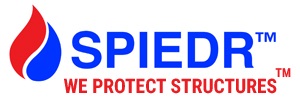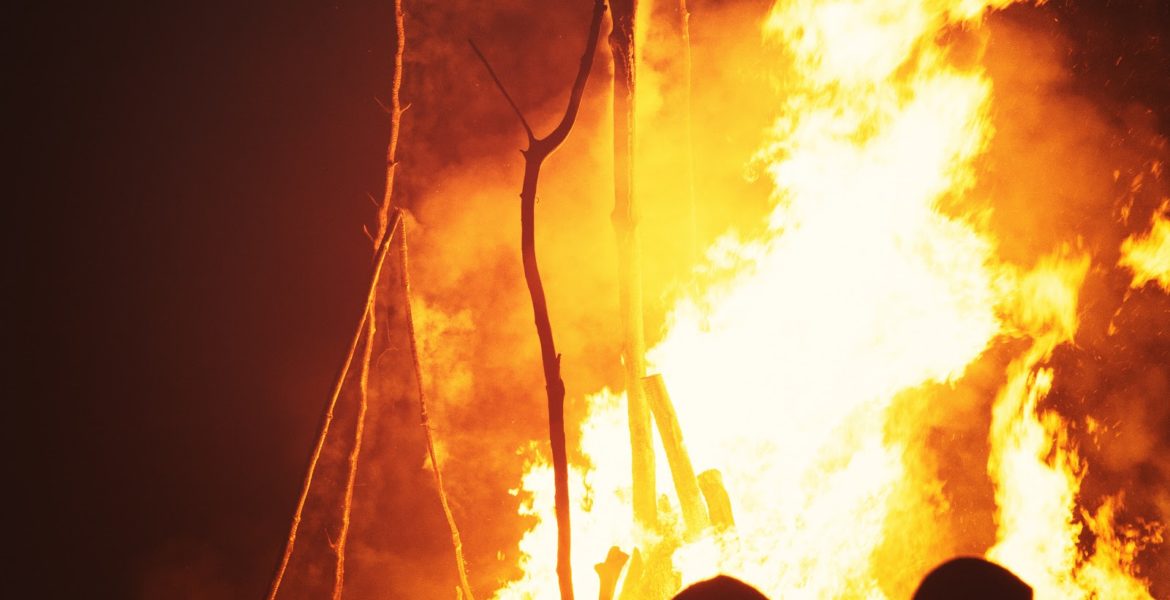This spring sees the coronavirus pandemic and the need to shelter in place and social distance in order to preserve the health of vulnerable people at the same time as the annual wildfire season begins. This means that firefighters will need to rethink the way that fire suppression is carried out, and the decrease in travel and social activity is also expected to have an impact on this year’s forest fire.
Human-Caused Fires
Since social distancing and travel restrictions means that less people will be camping or engaging in other outdoor activities that can risk fires starting, it is expected that the number of human-caused wildfires will decrease this year. However, the consequences for causing a wildfire will also be more severe with higher fines in place. People who are at fault for starting a wildfire may even be held responsible to pay the entire cost of fighting the fire in question.
These more severe measures are being put in place because, with the pandemic, it will be more difficult to evacuate homes in a way that does not violate social distancing and so it is especially important to reduce the number of human-caused fires so that fire suppression efforts can be mostly focused on naturally occurring wildfires.
Stricter Bans
This season, stricter fire bans will be put in place earlier than usual. Alberta has already issued a ban on open fires and off-highway vehicles (OHVs) on April 15th and other provinces are expected to follow suit. These bans are intended to reduce the amount of human-caused wildfires as well as the amount of controlled fires that are mistaken for wildfires and need to be investigated, taking away focus from actual forest fires.
Changes to Fire Suppression Procedures
This year, whenever possible, firefighters will not be asked to be in close proximity to one another. Many training will be conducted in small groups or virtually to prevent the spread of coronavirus and keep Canada’s wildland firefighters safe. Emergency operations centres will also be going virtual.
During fire season’s peak, firefighter camps will also be different. The camps will be much smaller than usual and will contain more showers and laundry facilities, providing greater access to means of sanitizing.
This year more than ever, reliable fire suppression system & procedures are a necessity. SPIEDR provides wildland fire suppression training, equipment, and consultation, along with crucial resources on wildfire smoke safety to help protect communities during fire season.


